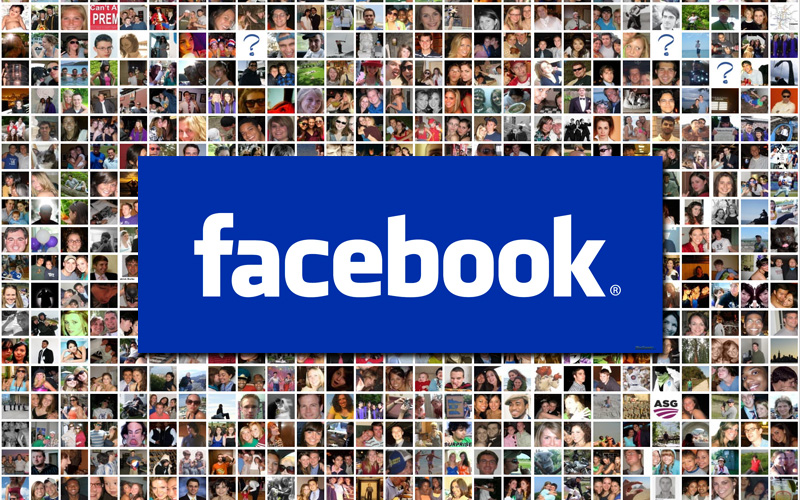Companies are pushing their Facebook Pages like never before. No matter where you look – from online advertising and marketing to television and print ads, billboards, and even business cards – you’ll see “Find us on Facebook” or that iconic lower-case “f”. With Facebook’s 800 million users, it only makes sense for companies to place their products or services where they have the opportunity for so much exposure. And with sharing, commenting, and Liking, Facebook gives companies the power to reach more people than they ever could have with a traditional website. Since Facebook is getting so much love, what’s happening to traditional websites?
Less Attention From Companies
Increased emphasis on Facebook Pages means less emphasis on traditional websites. It’s trend that’s still on an upward swing as more and more companies realize the advantages of a strong social media presence.
Ford was one of the earliest companies to promote their Facebook Page. In advertisements, both online and in traditional media, they directed customers to checkout Ford on Facebook, not on Ford.com. At the time, it was an unheard-of practice. Fast forward several years and most major companies have established their own Facebook presence and reaped the benefits. As the remaining companies play catch-up, there will be even more emphasis placed on Facebook Pages, and less on websites.
Users Are Looking For Social Interaction
People love being able to make online tasks that would otherwise be solitary, social. That’s why so many people are visiting businesses on Facebook, instead of at their old URLs. A snowboarder looking for new bindings can browse different manufacturer’s websites, but his options are pretty limited. He can look at the specs, choose a model, and make a purchase. But on Facebook, he can get opinions from his friends on the model he’s chosen. Their good or bad reviews of the product help him make an informed purchase. If there’s a problem with shipping or a defect in the product, the snowboard company’s Page is his access point to a company representative, and the first step toward getting the problem rectified. His process of purchasing a snowboard went from being simple and solitary to thorough and social.
Facebook And Website Synergy
Facebook Pages and traditional websites are being designed to better compliment each other. Each platform has it’s distinct strengths – there’s interaction on Facebook, and robust functionality on websites. Bigger companies have the convenience of hiring both community managers and web designers who are especially adept at recognizing the strengths of Facebook and websites, capitalizing on them the both. They design the two platforms to work together to give their users the content they expect on the platform they’re visiting. The resulting Facebook Page is engaging and social with an available company representative, while the website is highly functional with straightforward operation. The Facebook Page contains links to the website, and the website links visitors to the Facebook Page.
Websites Forced Into Social Media
In some cases, companies try to recreate their websites on Facebook. There’s heavy emphasis on static content, lots of information, and straightforward action, but since that’s not the content Facebook users are after, these pages largely go ignored. Meanwhile, the traditional website is reduced to a placeholder with nothing more than a couple links to the Facebook Page.
Facebook Pages Have Replaced Traditional Websites For Many Small Operations
For family businesses and artists and musicians, it’s easier – and cheaper – to focus their online efforts solely on Facebook. Custom tab applications are a great way for small business owners and artists to design tabs with a professional look and feel at a fraction of the cost of professional design services. Facebook – and a custom tab app – actually has a way of bridging the gap between the presence of big-budget corporations and local shops, putting businesses big and small side-by-side in the same arena.
Websites Remain King Of Functionality
Facebook has cornered the social media market, but websites are more useful for functions outside of social media ideology, and they’re still the platform used for performing straightforward tasks. Furthermore, there are websites like WebMD.com that could never be replicated on Facebook. There is so much information, so much functionality, and it’s such a big name, that WebMD.com will continue to be the online resource for health and wellness related content.


